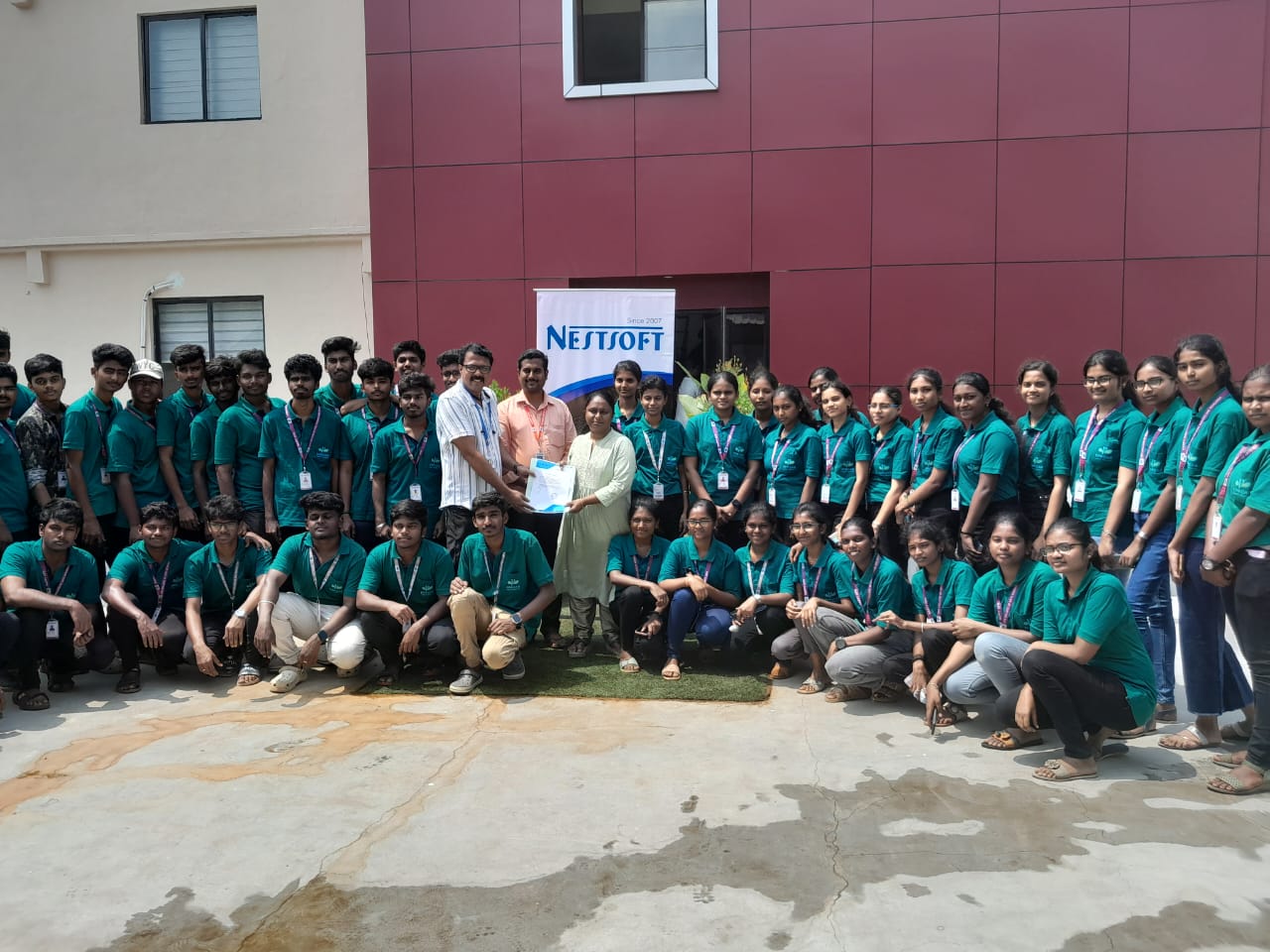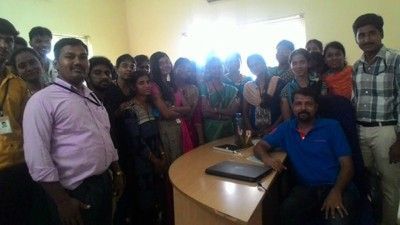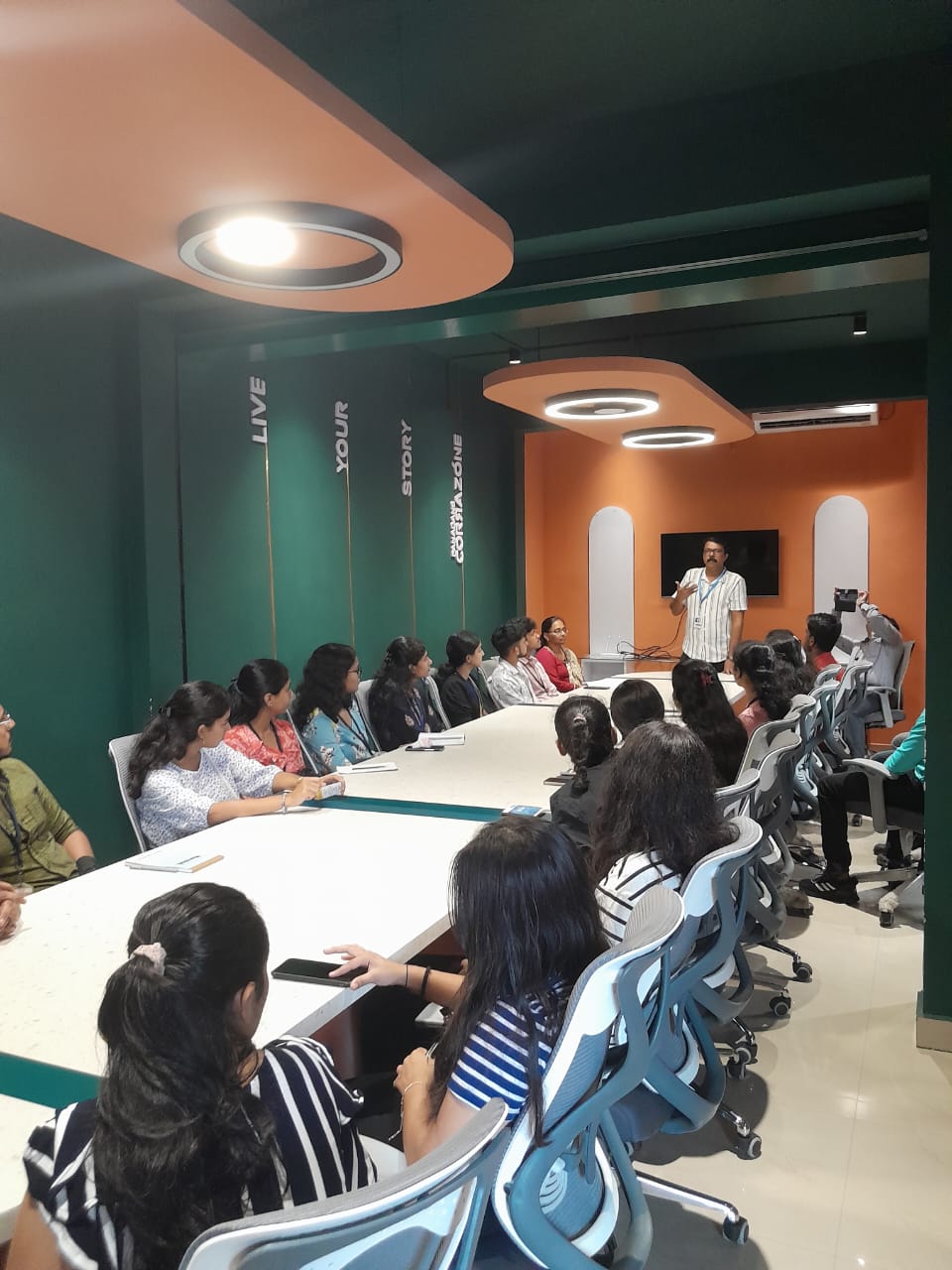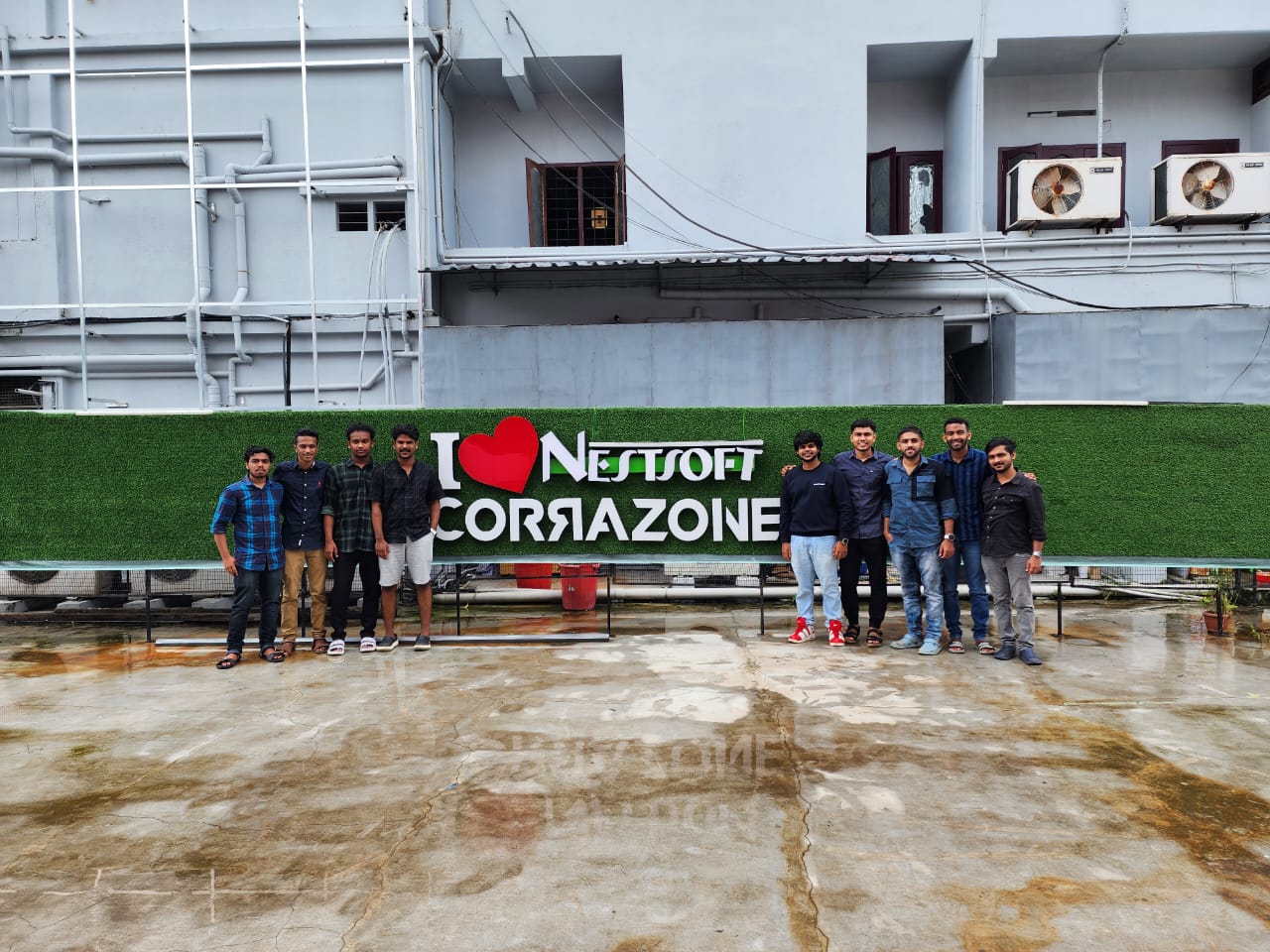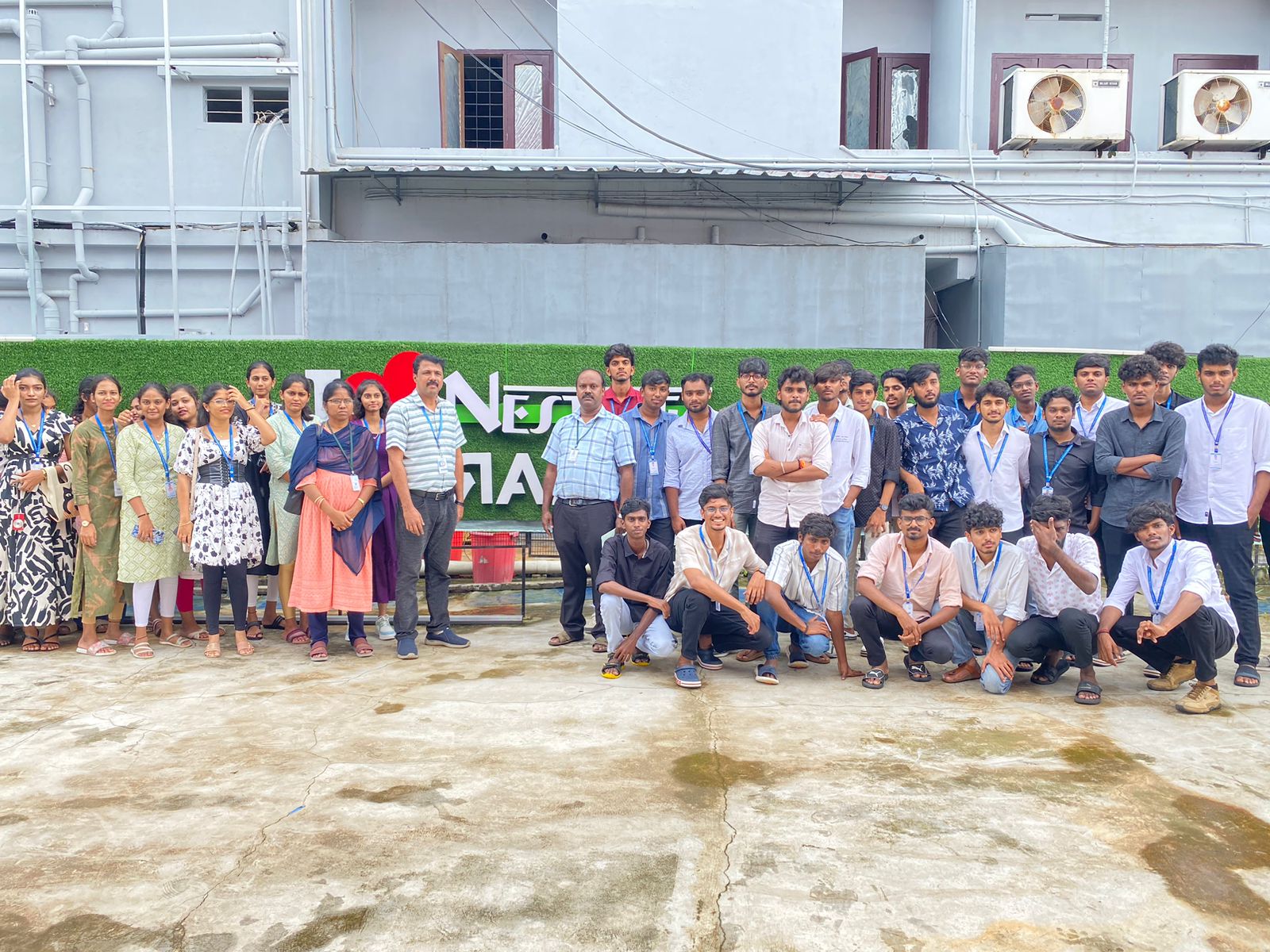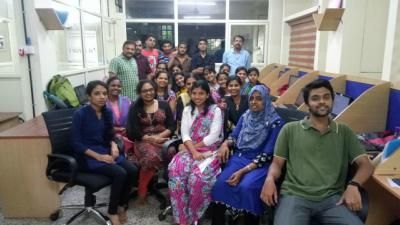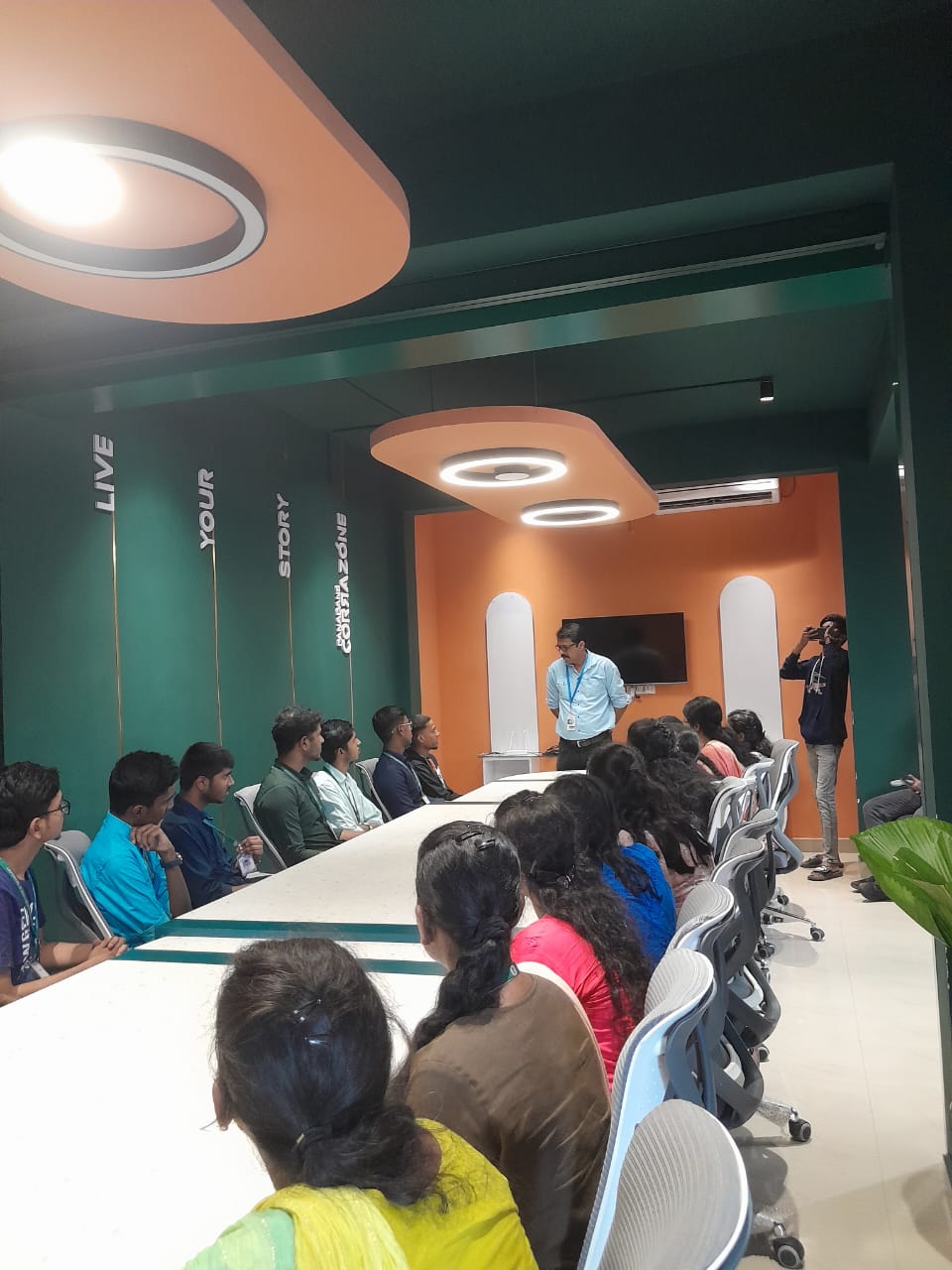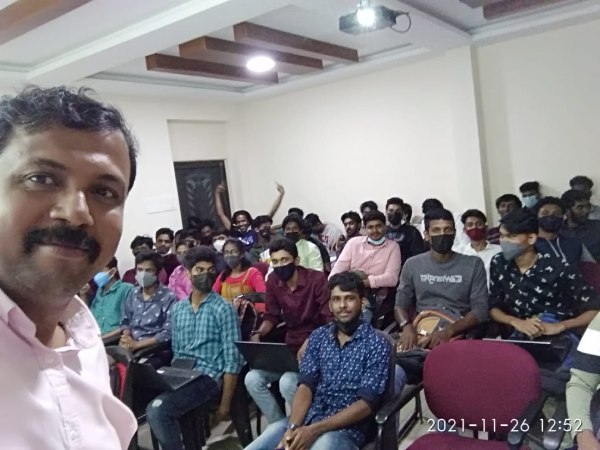Machine Learning Training by Experts
Our Training Process

Machine Learning - Syllabus, Fees & Duration
Module 1 : CORE PYTHON
- Short history
- Introduction
- Features of Python
- Python2 Vs Python 3
- Python Installation
- Python Interpreter
- How to Run Python
- Basic Syntax
- Python Identifiers, Keywords and Indentation Rules
- Type Checking
- Input, Output, Variables, Data Type and Datatype Casting
Module 2 : MACHINE LEARNING
- Data Analysis
- Data Visualization
- Data Classification
- Supervised Learning Unsupervised Learning
Module 3 : SUPERVISED LEARNING
- Classification
- K-Nearest Neighbours
- Decision Tree
- Naive Bayes
- Logistic Regression
- Support Vector Machine
- Random Forest
- Logistic Regression
- Regression
- Single Linear Regression
- Multiple Linear Regression
Module 4 : UNSUPERVISED LEARNING
- Clustering
- Hierarchical Clustering
- KMeans Algorithm Association
Module 5 : DATA PREPROCESSING
- PCA
- Dimensionality reduction
- Correlation
- Features Extraction Algorithm
This syllabus is not final and can be customized as per needs/updates




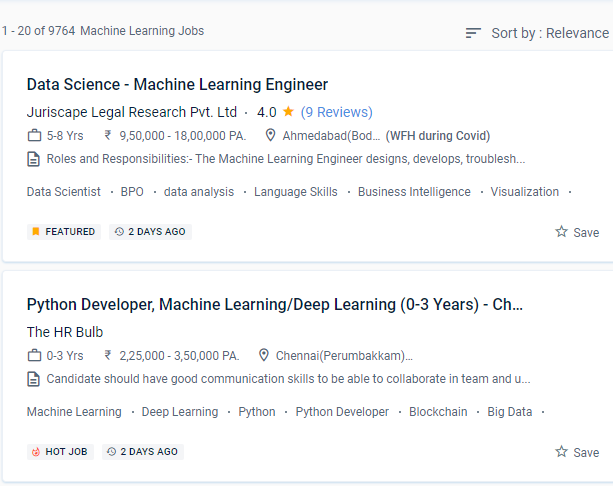
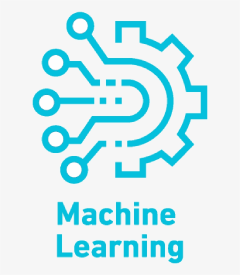 . The student will be able to create and apply pattern classification algorithms to categorize multivariate data, create and apply regression algorithms to uncover correlations between data variables, and use reinforcement learning methods to operate complicated systems after finishing the course. Candidates will acquire the fundamental concepts and intuition underpinning modern machine learning algorithms, as well as a more formal knowledge of how, when, and why they work, in this course. Learning machine learning can help you advance your profession.
An overview of artificial intelligence and machine learning, fundamental principles for machine learning, data pre-processing, feature extraction, regression, logistic regression, nave Bayes, decision trees, kernel methods, and support vector machine and k-means and hierarchical clustering are among the topics covered in this course. Machine learning is the most in-demand position in the information technology industry right now. By enrolling in NESTSOFT machine learning classes, you will gain exposure to industrial projects or machine learning certification from a specific area. Machine learning focuses on the development of computer algorithms that can access data and learn on their own.
Machine learning is the study of computational algorithms that can automatically improve witpracticese and is implemented as part of artificial intelligence.
Machine Learning Engineer, Data Architect, Data Manager, Machine Learning Specialist, and more job profiles are available to machine learning certification holders.
. The student will be able to create and apply pattern classification algorithms to categorize multivariate data, create and apply regression algorithms to uncover correlations between data variables, and use reinforcement learning methods to operate complicated systems after finishing the course. Candidates will acquire the fundamental concepts and intuition underpinning modern machine learning algorithms, as well as a more formal knowledge of how, when, and why they work, in this course. Learning machine learning can help you advance your profession.
An overview of artificial intelligence and machine learning, fundamental principles for machine learning, data pre-processing, feature extraction, regression, logistic regression, nave Bayes, decision trees, kernel methods, and support vector machine and k-means and hierarchical clustering are among the topics covered in this course. Machine learning is the most in-demand position in the information technology industry right now. By enrolling in NESTSOFT machine learning classes, you will gain exposure to industrial projects or machine learning certification from a specific area. Machine learning focuses on the development of computer algorithms that can access data and learn on their own.
Machine learning is the study of computational algorithms that can automatically improve witpracticese and is implemented as part of artificial intelligence.
Machine Learning Engineer, Data Architect, Data Manager, Machine Learning Specialist, and more job profiles are available to machine learning certification holders.









































































